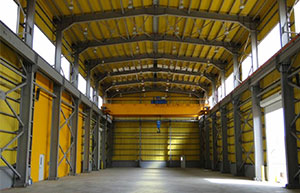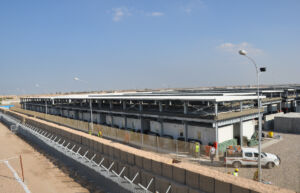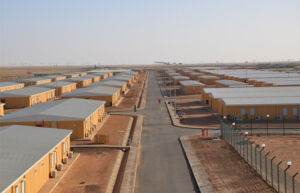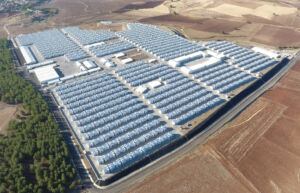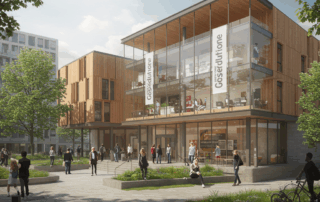Modular Construction for Cultural Centers: Fast, Sustainable, and Future-Ready
As urban populations grow and cultural engagement becomes increasingly important, the need for efficient, scalable, and innovative solutions in public infrastructure is more critical than ever. Modular construction has emerged as a transformative approach to designing and building cultural centers, offering speed, flexibility, and long-term value without compromising architectural or functional quality.
What Is Modular Construction?
Modular construction involves the off-site manufacturing of building components in a controlled environment. These modules are then transported and assembled on-site, significantly reducing construction time and minimizing disruption to the surrounding area. This approach is especially beneficial for community-driven facilities like libraries, theaters, museums, and multipurpose cultural halls.
Why Choose Modular Construction for Cultural Centers?
1. Speed and Efficiency
Unlike traditional construction methods, modular buildings are developed concurrently at the factory and on the construction site. Companies like Dorçe Prefabricated Buildings and Construction specialize in rapid deployment, making them ideal partners for governments, municipalities, and private institutions aiming to deliver public spaces under tight deadlines.
2. Design Flexibility
Cultural centers often require unique architectural features to reflect local identity and accommodate various activities. Modular solutions allow for custom designs, with scalable modules that can be adapted to fit artistic, educational, or exhibition needs. Dorçe’s expertise in modular steel structures ensures both durability and design freedom.
3. Sustainability
Environmental consciousness is at the core of modern infrastructure. Modular construction minimizes material waste, reduces carbon emissions through efficient logistics, and supports the integration of green technologies such as solar panels and energy-efficient HVAC systems.
4. Cost Control
By reducing construction time and enabling better resource planning, modular buildings help control budgets and reduce unforeseen expenses. Dorçe’s integrated approach—from design to delivery—ensures cost predictability and high-quality execution.
5. Adaptability and Relocatability
One of the unique advantages of modular construction is that buildings can be expanded, modified, or relocated to serve changing community needs. This makes modular cultural centers future-proof and resilient to evolving urban demands.
